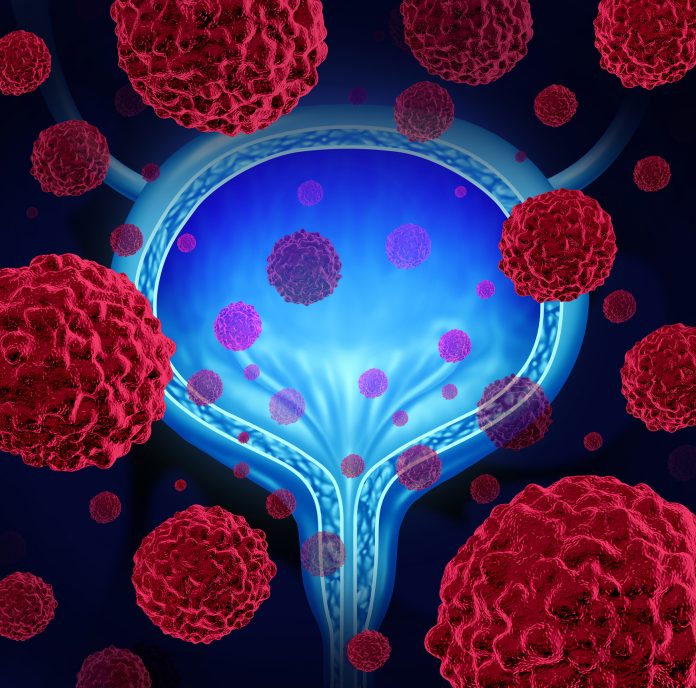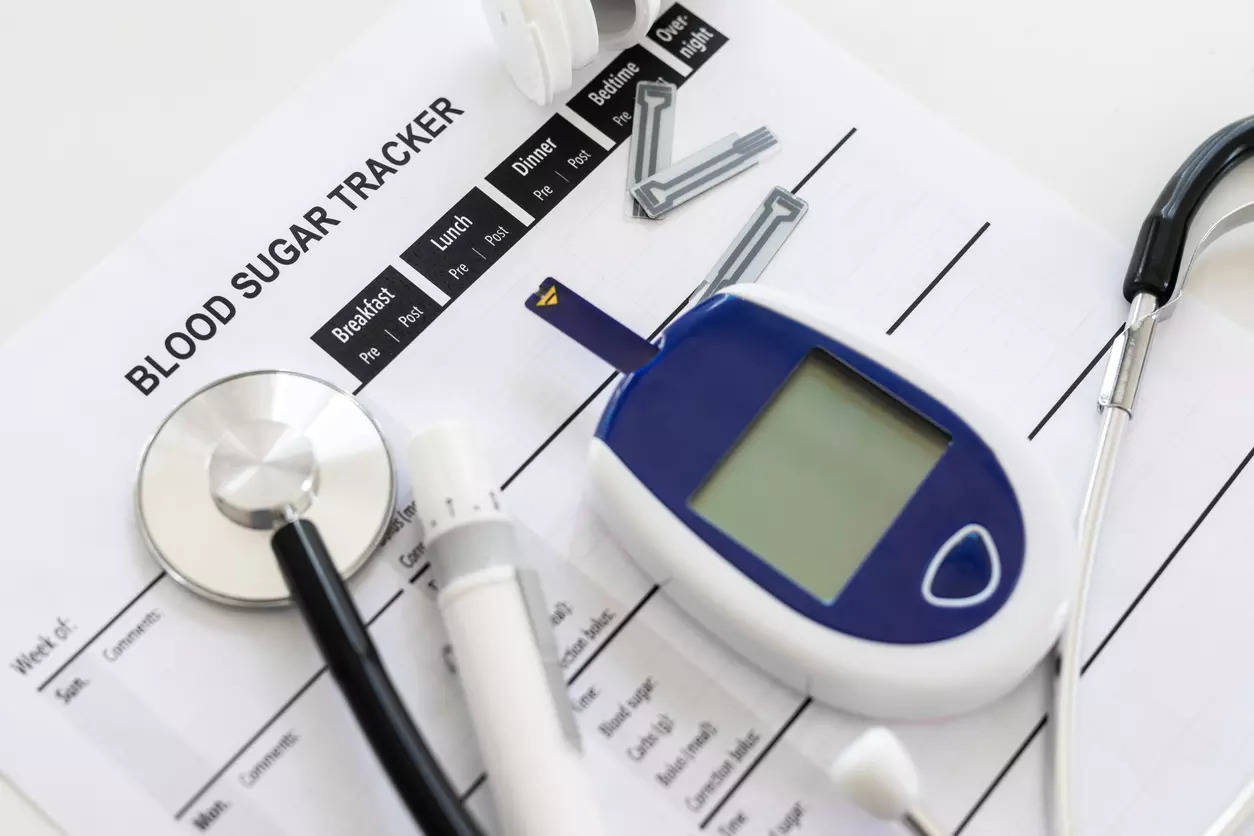Cancer happens due to genetic abnormalities that turn normal cells into the body’s worst enemy. That’s why a preventive treatment plan can ward off risks among those with a strong family history of the disease. One such novel predictive module has been started at Mumbai’s Kokilaben Dhirubhai Ambani Hospital. Its PanPredict Lung Cancer assesses 11 predictive genes for both mutations and fusions (167 variants), which are mandatory markers for advanced lung cancer patients.
Lung cancer makes up almost 25 per cent of all cancer deaths in the country. Dr Amrit Kaur Kaler, Consultant, Molecular Pathology, explains how hereditary cancer testing helps in estimating an individual’s lifetime risk by identifying specific genetic changes. “These genetic mutations increase the risk of developing different types of cancer. However, only five to 10 per cent of cancers are hereditary. A person with a strong family history of cancer can be tested for hereditary genetic variation which could help in improving patient care, including early detection, management, prognosis, risk reduction, use of targetted therapy and understanding the implications for other family members,” she says. The cost of the Lung Cancer Panel test is Rs 30,000.
The hospital has CE-IVD certified real-time PCR assay, which screens for 167 hotspot mutations or fusions of 11 genes like EGFR, ALK, ROS1, KRAS, BRAF, HER2, RET, MET, NTRK1, NTRK2 and NTRK3 in tumour tissue specimens. This helps clinicians identify multi-genetic markers for potential treatment options in patients according to the National Comprehensive Cancer Network (NCCN) guidelines, 2023.
The test results are quite accurate. “The specificity of the kit was established by testing negative reference controls. The negative concordance rate was 100 per cent. The accuracy of the kit was established by testing positive results and the positive concordance rate was 100 percent. Precision of the kit was established by performing precision references and all results were acceptable. Analytical sensitivity for the detection of the mutant allele (tumour percentage) is 20 per cent,” says Dr Kaler.
Moreover, the test principle being Real-Time PCR, the results will be quick and the reports can be released within 10 days of collecting tissue samples. These samples must have sufficient tumour content of at least 20 per cent while needle core biopsies should have at least three cores in a single block. “Alternatively, six to 10 slides with tissue up to 10 um (micrometers) thick are also acceptable. The tissue must be fixed in 10 per cent neutralised buffered formalin with a minimum ischemic time of 15 to 30 minutes,” she adds.
BRCA1, BRCA2, TP53 and APC are few of the commonly reported gene mutations that are commonly associated with increased cancer risk. Dr Kaler further explains, “Genetic mutations disrupt the normal functionality of the encoded proteins and regulate important functions like cell growth and division. Mutation in some of these genes changes the protein function such that the healthy cells become cancerous. Some of the commonly reported mutations in oncogenes, tumor suppressor or DNA repair genes have been reported to alter the risk of developing cancer.”
Does one who inherits a cancer susceptibility variant always get the disease? “No…there are several factors. The penetrance and expressivity of the variant along with lifestyle can influence the disease expression,” she says.
This test is a game changer as patients will not have to wait for a month to start precision medicine—a protocol where the treatment management is tailor-based on pathologic findings, clinical staging, and molecular profiling— that has shown promise in improving many aspects of health.
Along with this module, the germline cancer panel testing at the hospital helps in the analysis of several cancer-related genes simultaneously, which includes BRCA1, BRCA2, TP53 and PTEN among others. These are known to be associated with an increased risk of developing certain types of cancer, such as breast, ovarian, colon, prostate, lung, thyroid, bladder, hepatic cancers, melanoma, glioma, sarcomas and pancreatic cancer.










